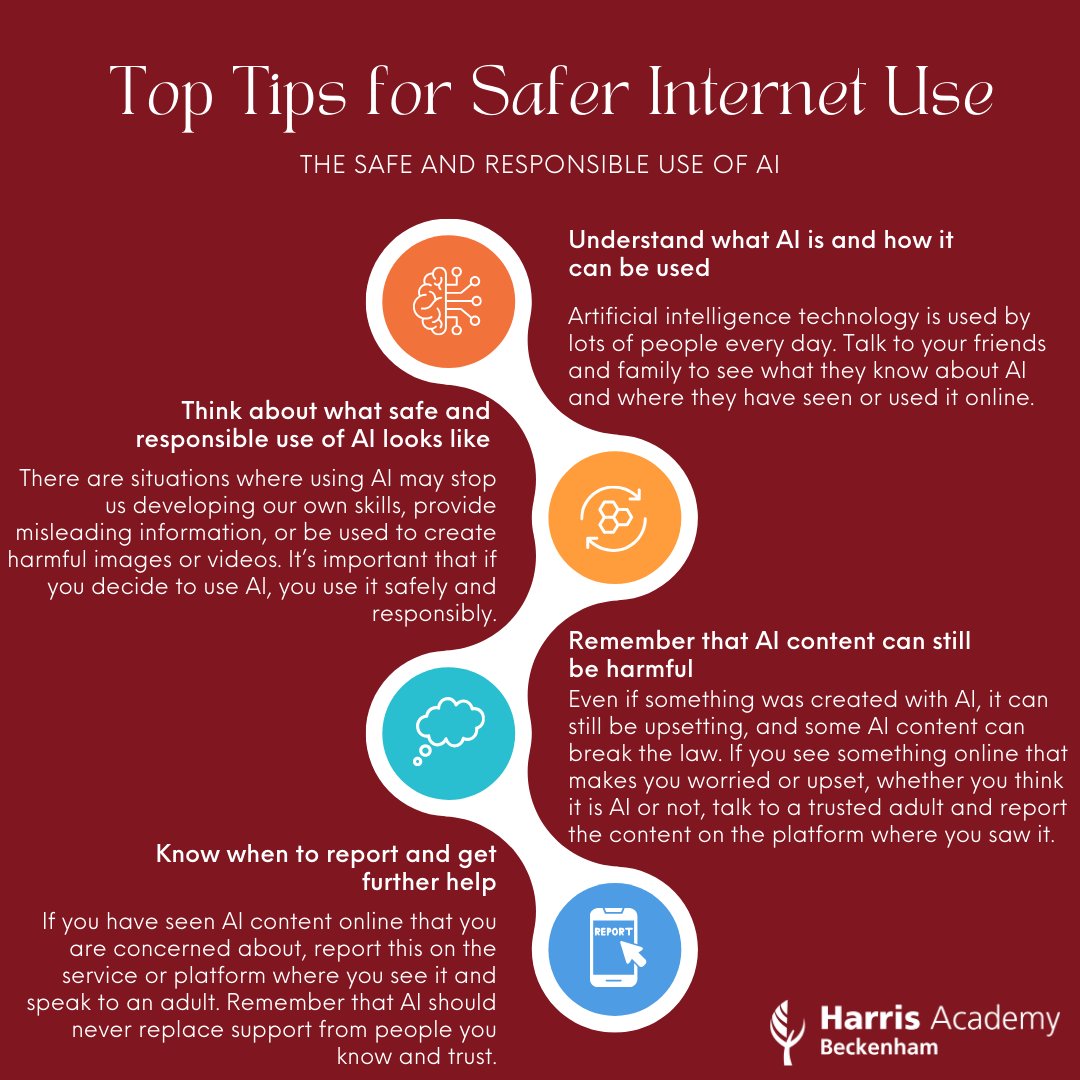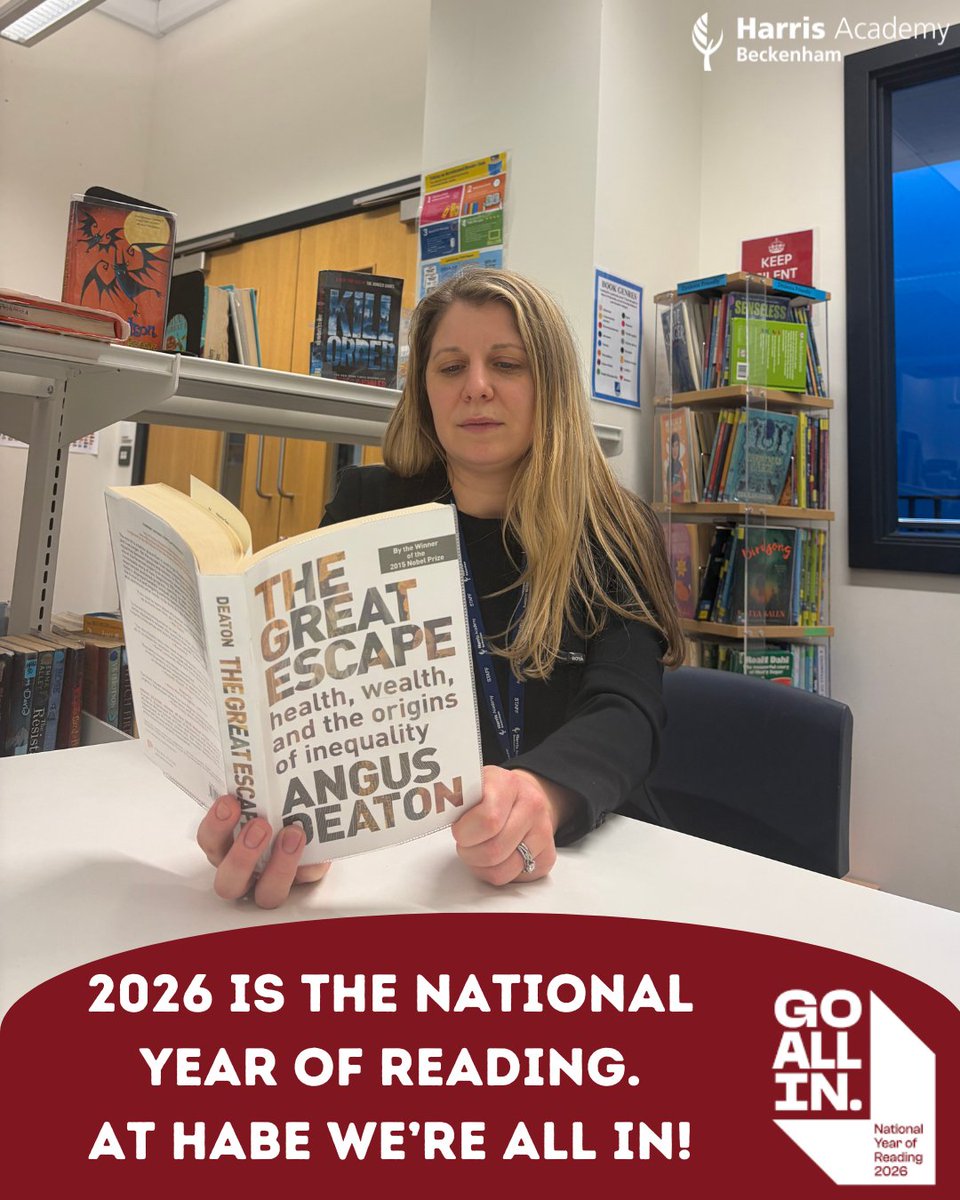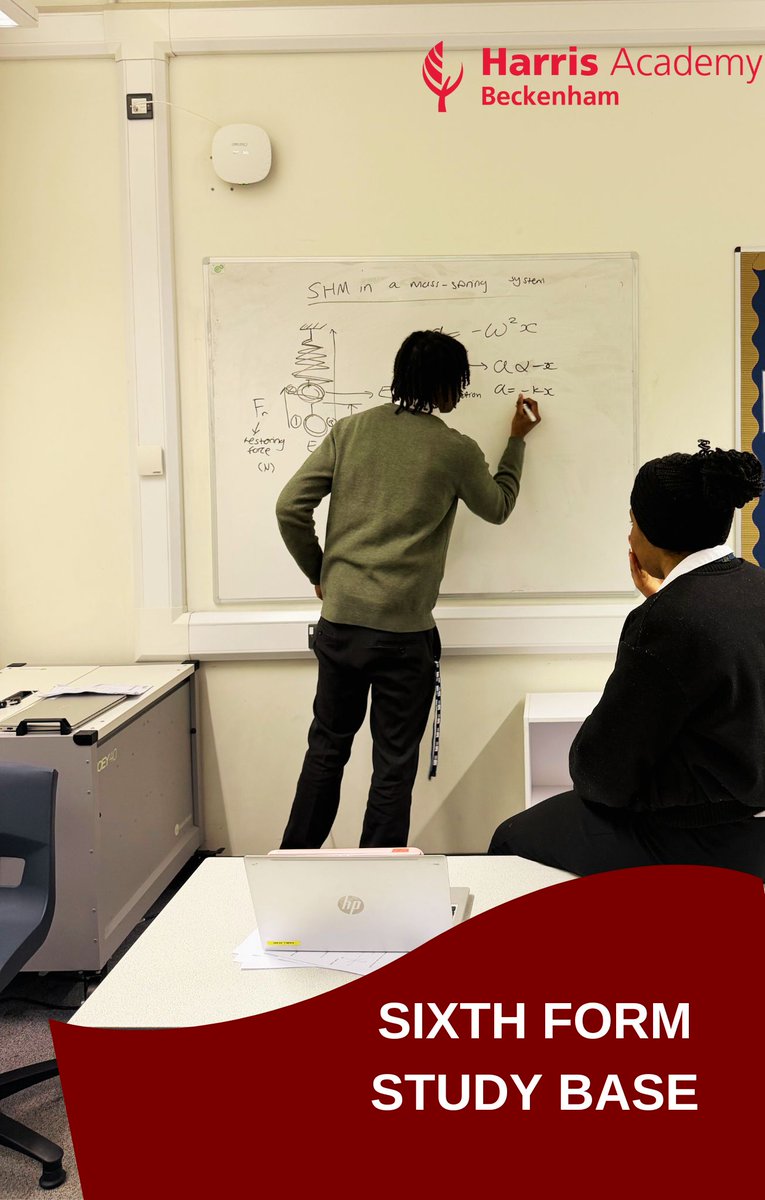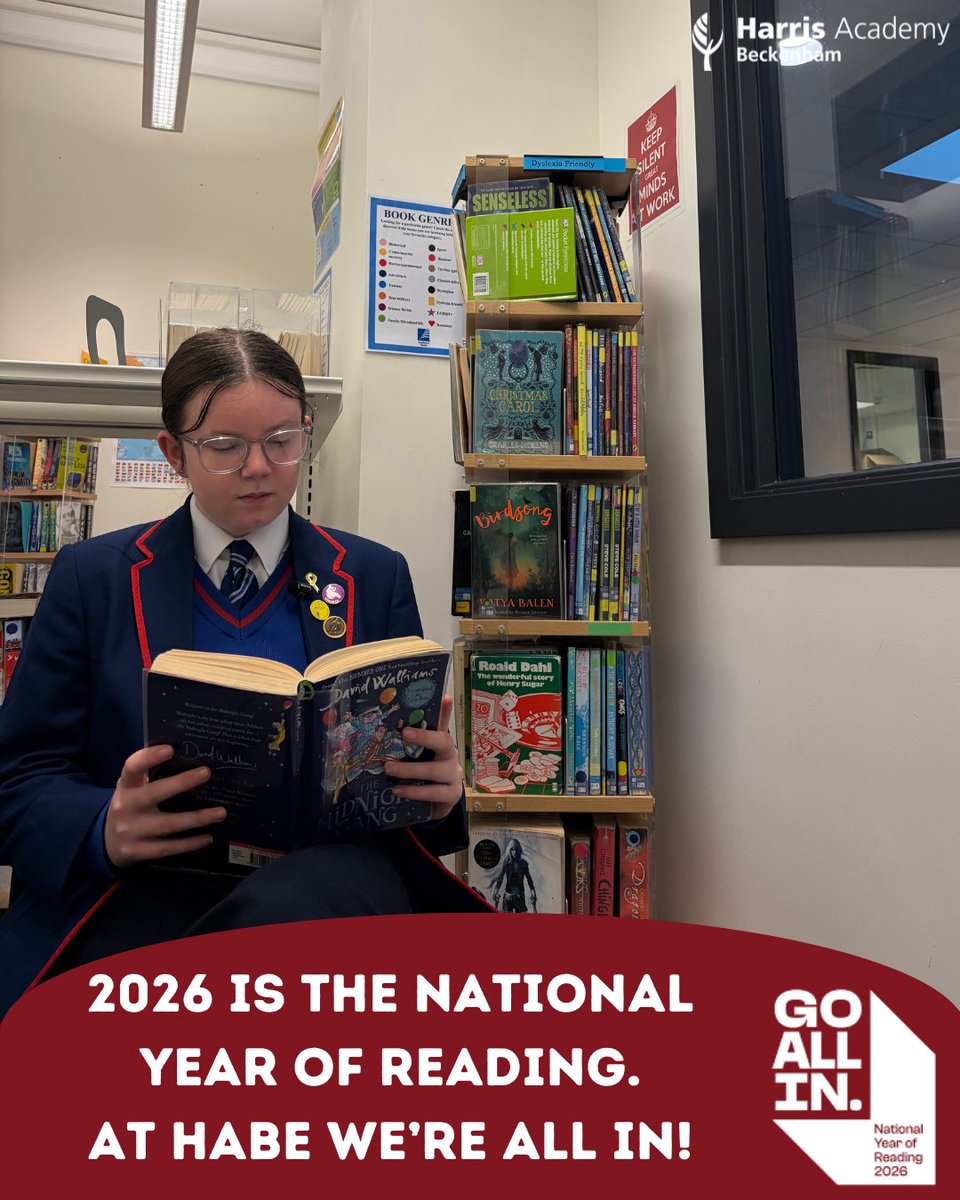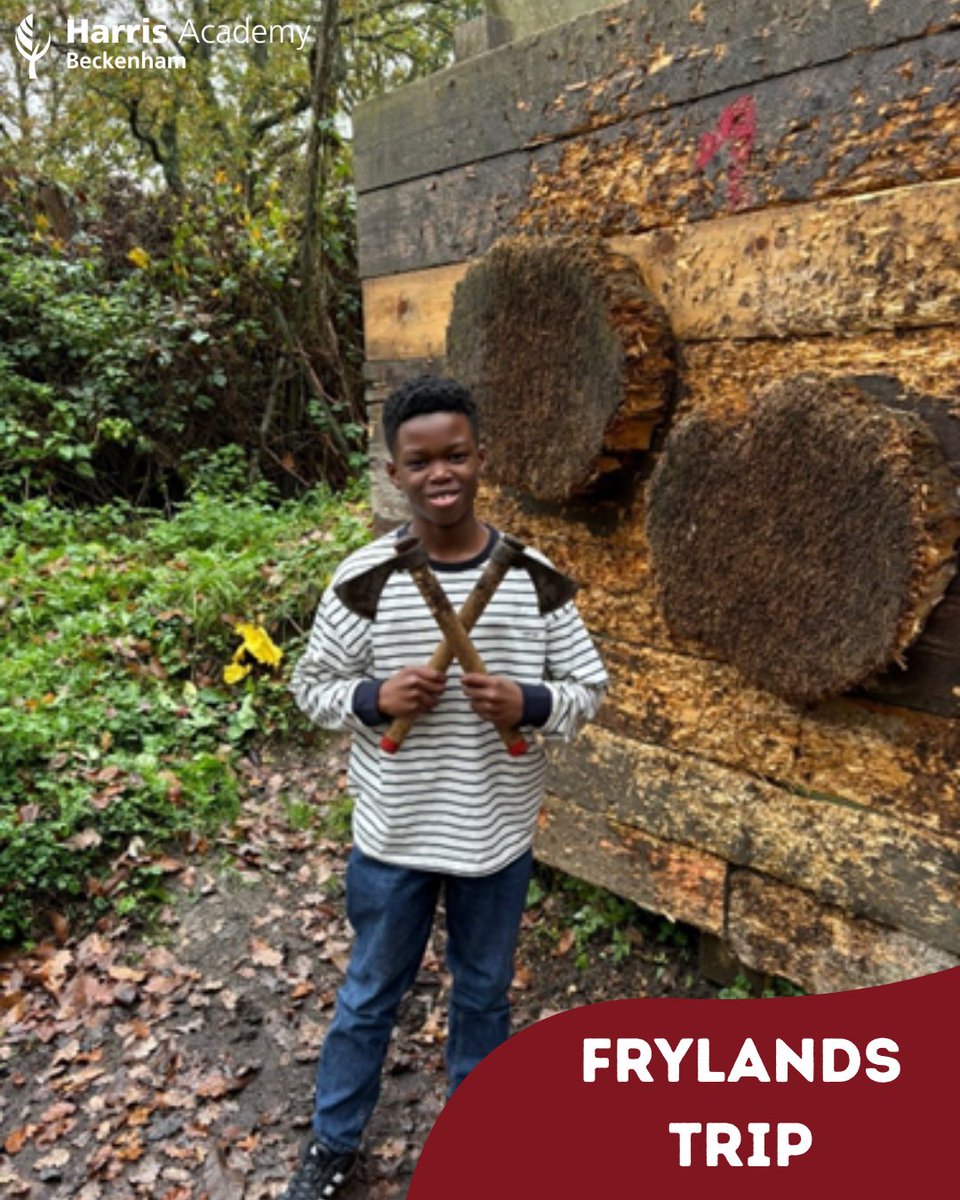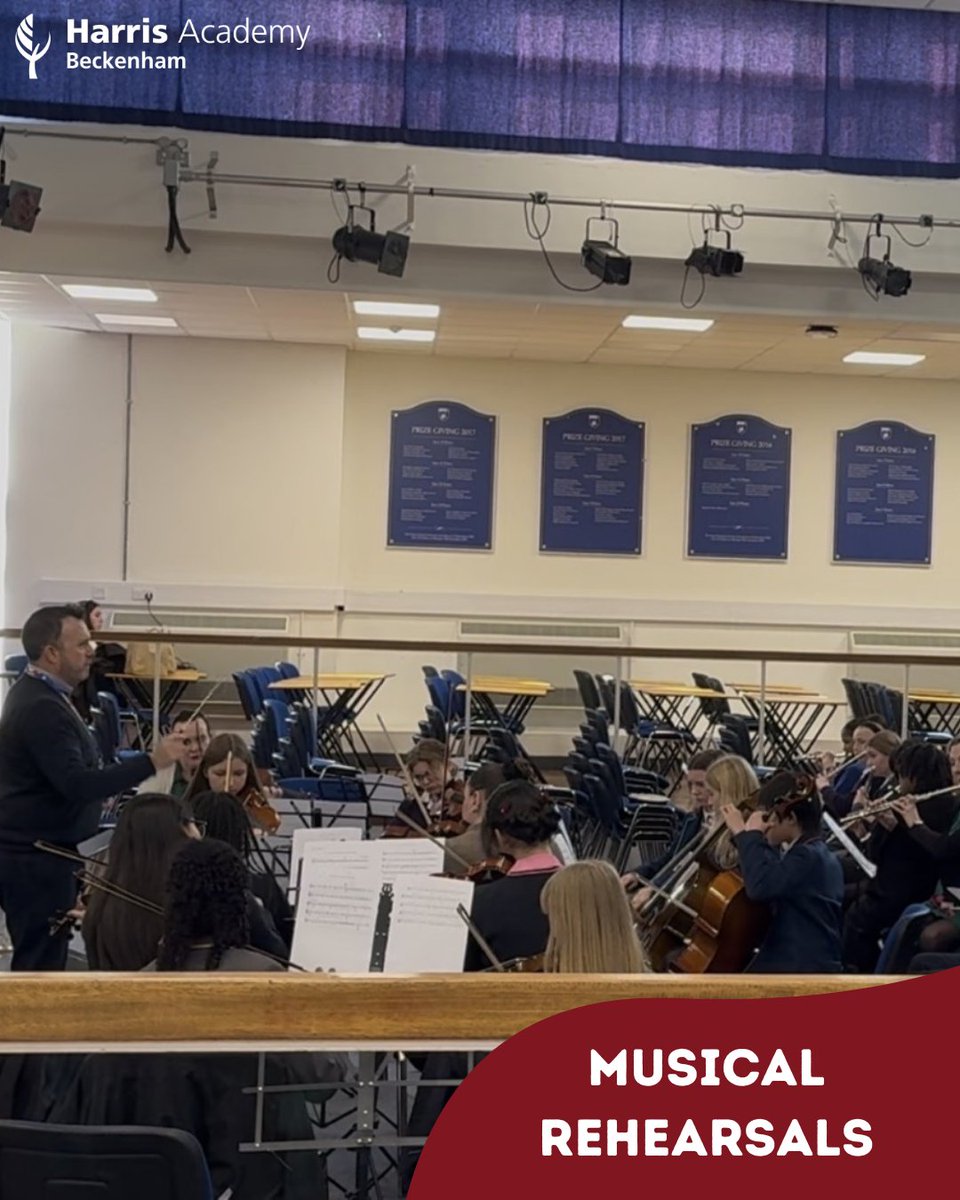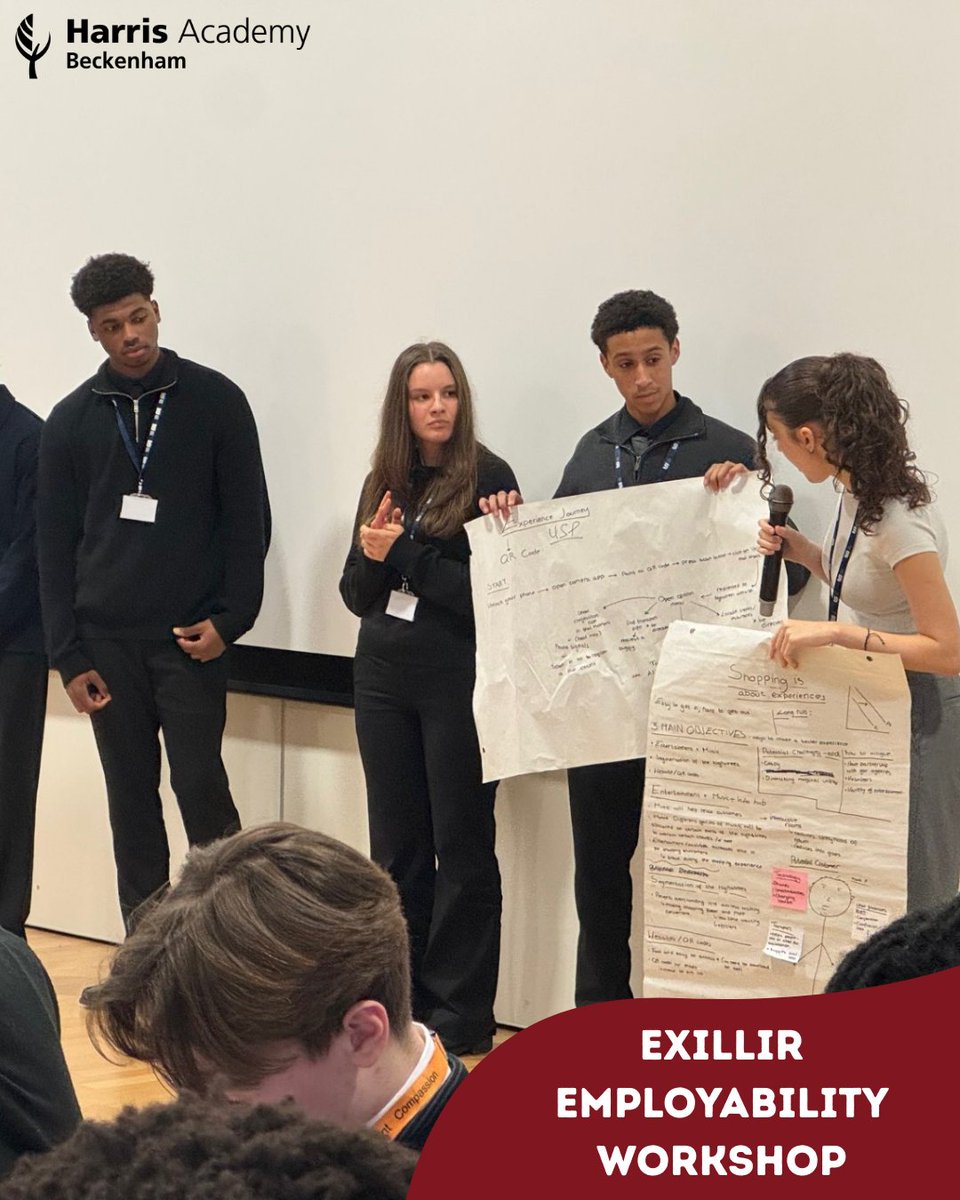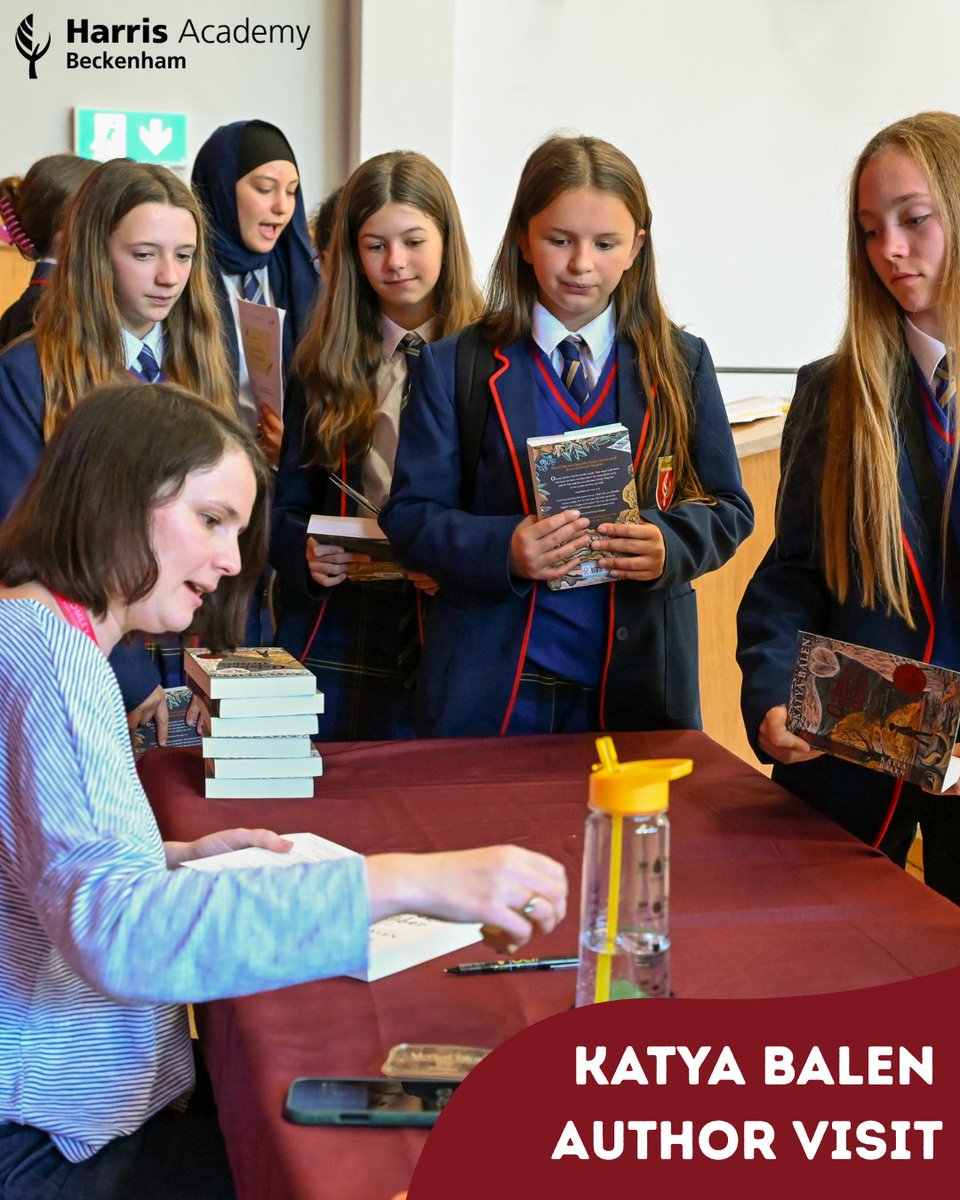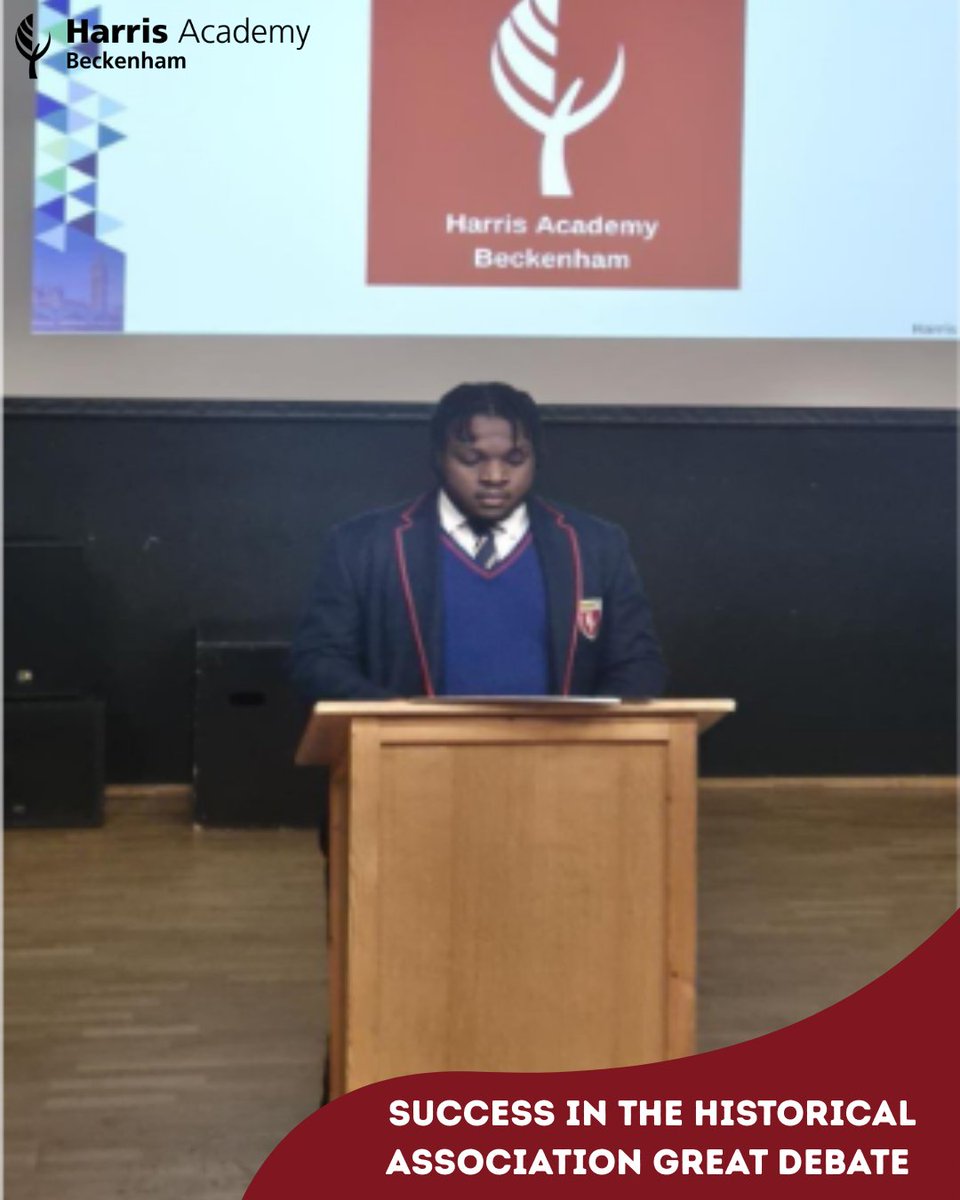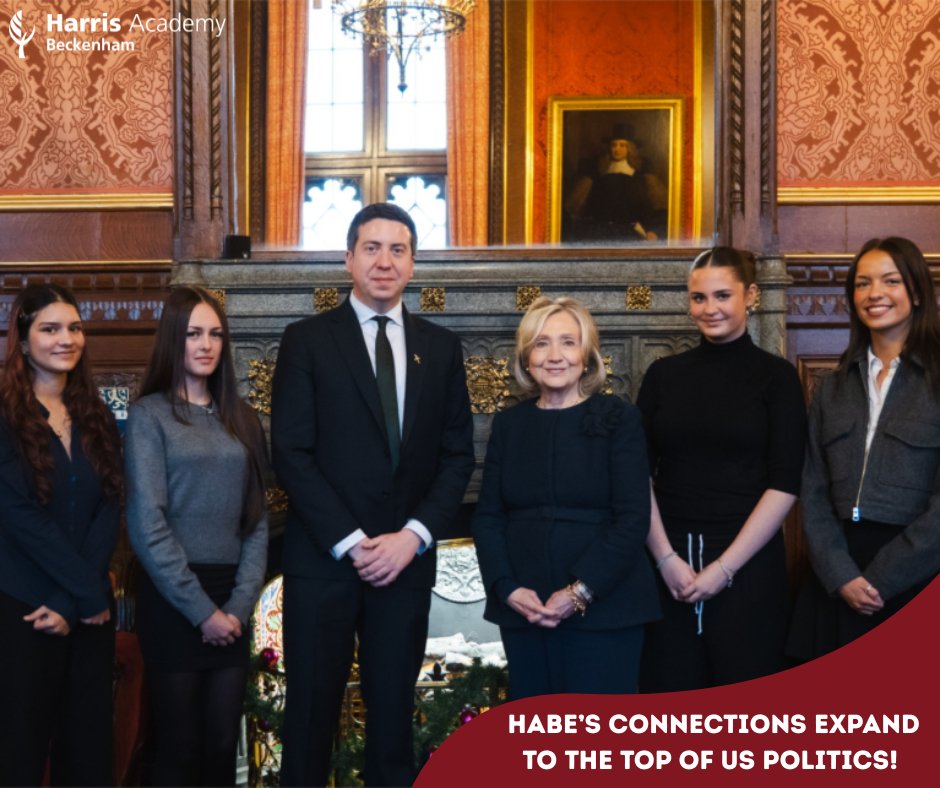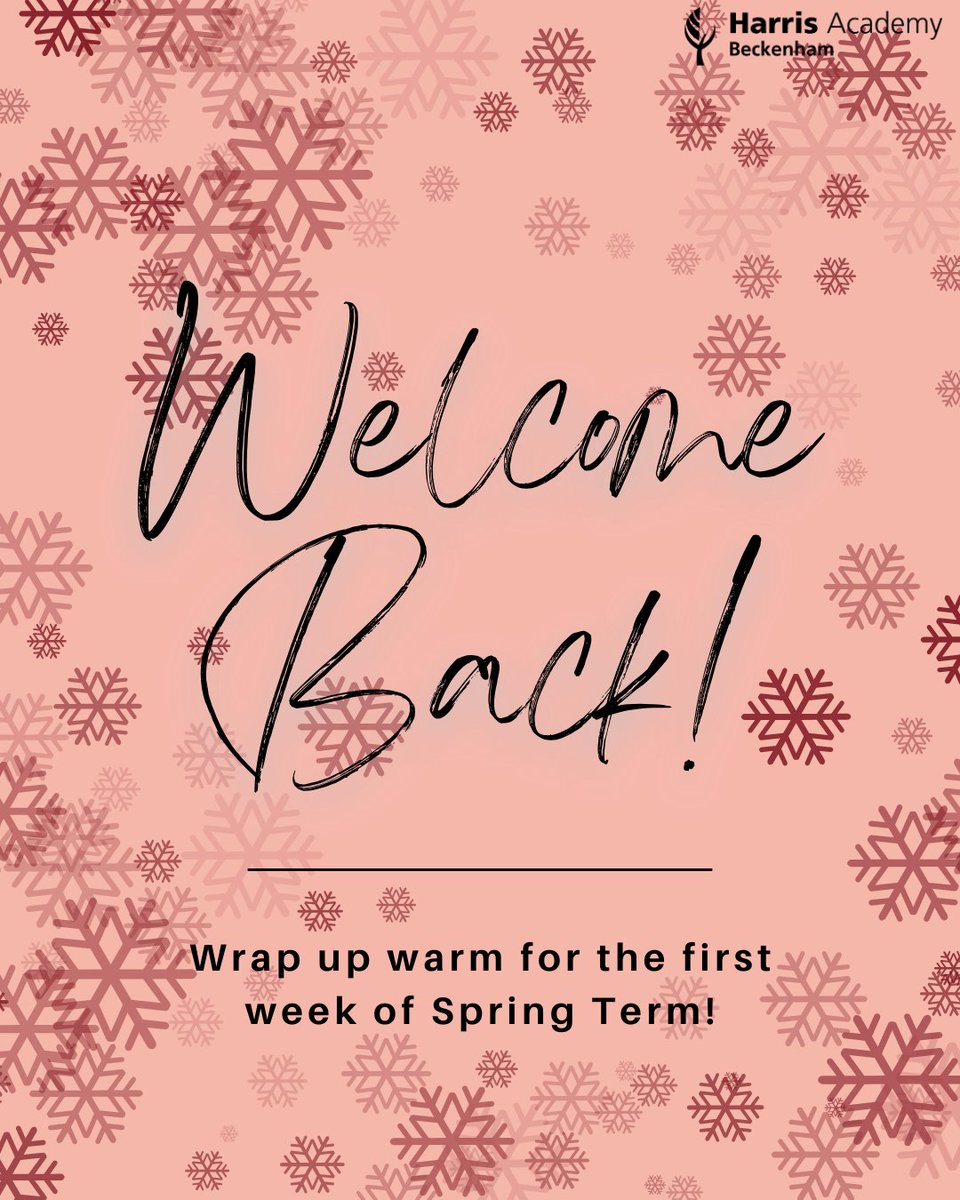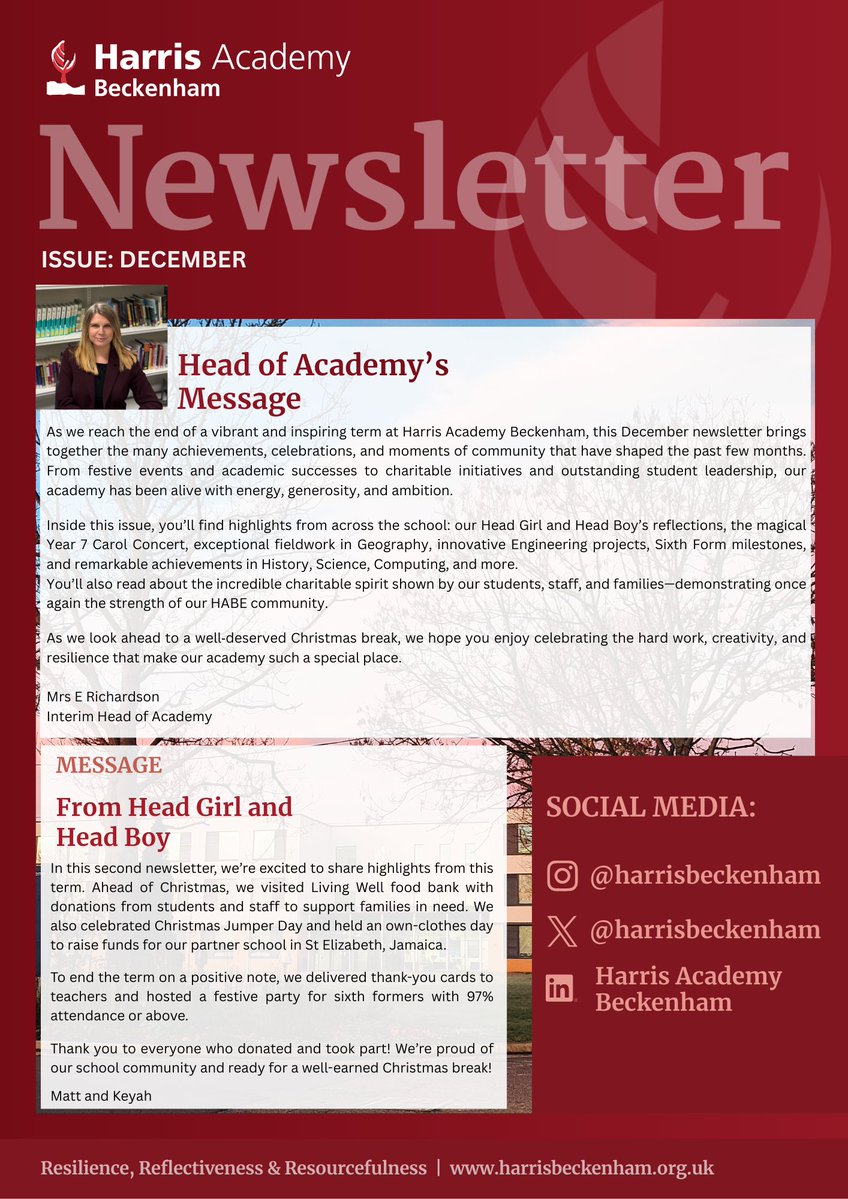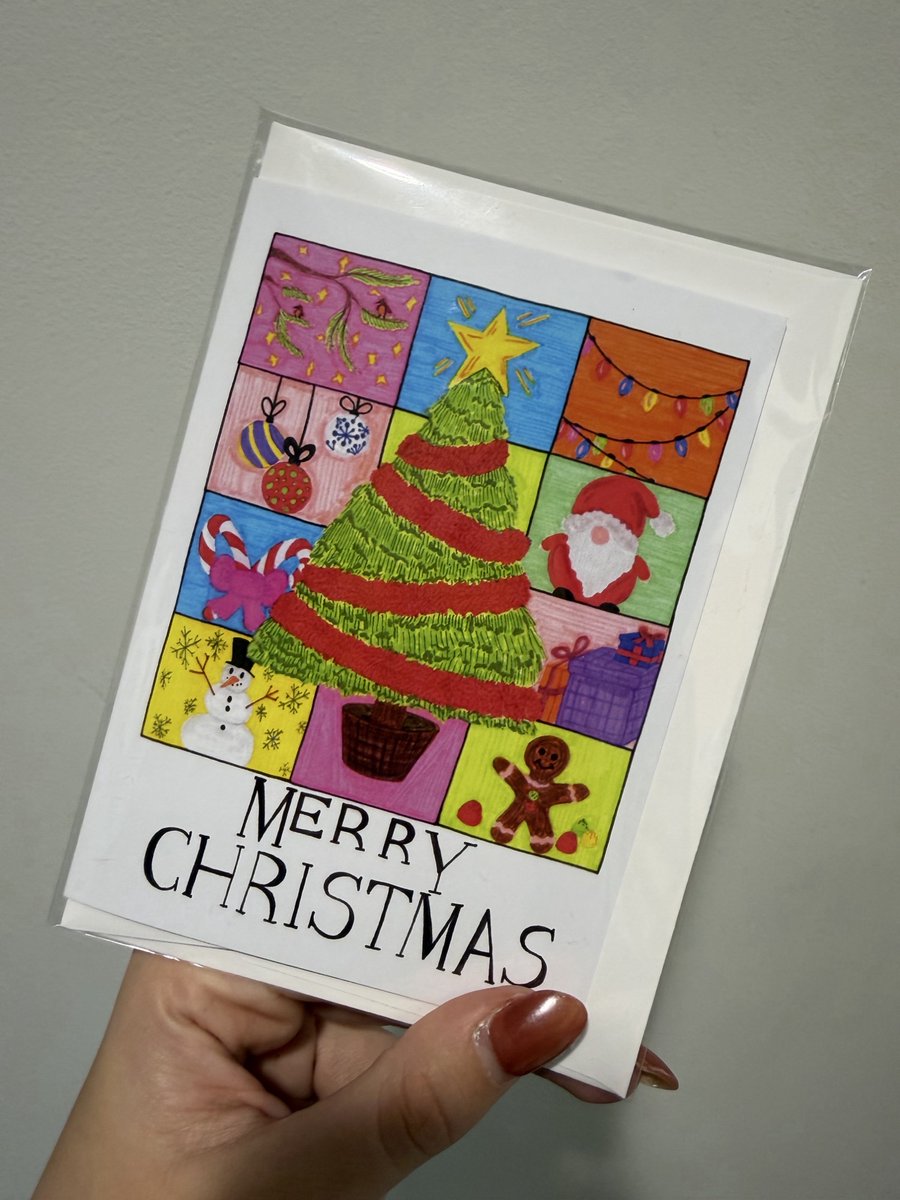Oracy Across The Curriculum
Students will be taught sophisticated skills of effective speaking and listening to enable them to present, debate and perform in a range of contexts, exploiting language to suit a range of audiences and purposes.
Students will demonstrate sensitivity when listening to others, building on others’ views or showing empathy as appropriate.
Academic focus
Opportunities to improve fluency, confidence, use expansive vocabulary as well as adopt active listening skills will be available in every subject area. We recognise that oracy in the classroom should be seen, by both teacher and student, as a valuable activity; access to more demanding concepts is made possible through structured talk opportunities. Teachers model exceptional oracy in all lessons in order to highlight the specificity and sophistication required in both their subject area and the wider world. Writing should be preceded by and supported by talk, in order that students may more fully realise their intentions. Oracy can play this role as a catalyst with collaborative learning activities set in place; these activities are also seen as a key strategy to support the bilingual early learners of English and those with speech, language and communication difficulties, to engage in exploring subject specific concepts, texts and ideas.
Enrichment of oracy
Within our community, exceptional oracy skills are highly regarded and rewarded. Students are able to use a range of platforms to ensure their voices are heard and to provide opportunities that prepare them for life outside education. Our thriving Debate Mate society provide an opportunity for weekly training as well as internal, regional and national competitions. We also utilise the Speakers Trust and Jack Petchey Speak Out to ensure our young people are taught the skills of public speaking, enhancing the technical accuracy of their speech but also building the skills and self-confidence required for moving into the world of further education and work. Debate Mate is also utilised as an intervention for students with attachment and social, emotional and mental health needs, allowing them to grow in confidence and independence through the use of their own voice. We show all our students that their voice is valued and teach them how to express themselves in a way that is suitable for a variety of audiences and purposes.

